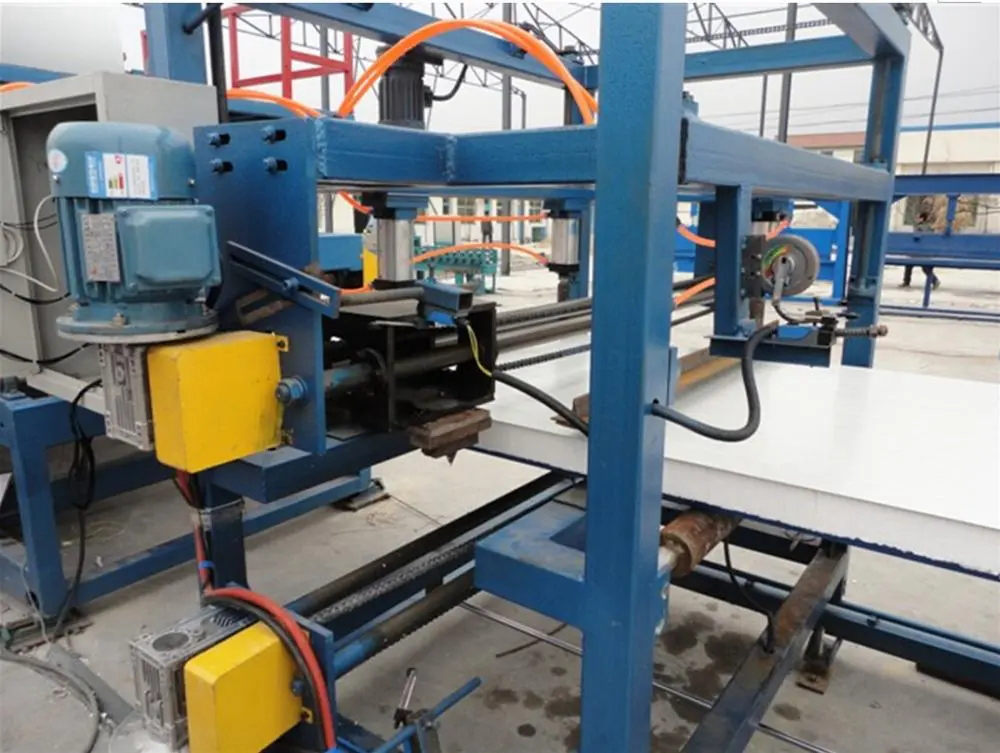Understanding Welded ERW Tube Mills A Comprehensive Overview
Welded Electric Resistance Welding (ERW) tube mills are the backbone of the modern steel pipe manufacturing industry. These advanced machines play a pivotal role in producing high-quality steel tubes and pipes with precision and efficiency.
ERW tube mills, as the name suggests, specialize in welding steel strips together to form seamless tubes. The process begins with a flat steel strip that is fed into the mill, where it undergoes a series of shaping and forming operations. The strip is then passed through a set of rolls that form it into a round shape, creating the tube's initial profile. This step is crucial, as it sets the foundation for the subsequent welding process.
The heart of an ERW tube mill lies in its welding system. Here, the edges of the formed steel strip are brought into contact and subjected to high pressure and heat generated by electrical resistance. This combination results in a fusion weld, creating a strong and durable joint. The precision of this welding process ensures that the final product has consistent quality and structural integrity.
One of the key advantages of ERW tube mills is their versatility. They can produce tubes in various sizes, ranging from small diameter pipes for precision applications to large diameter pipes for infrastructure projects They can produce tubes in various sizes, ranging from small diameter pipes for precision applications to large diameter pipes for infrastructure projects

They can produce tubes in various sizes, ranging from small diameter pipes for precision applications to large diameter pipes for infrastructure projects They can produce tubes in various sizes, ranging from small diameter pipes for precision applications to large diameter pipes for infrastructure projects
 welded erw tube mill
welded erw tube mill. This adaptability makes them suitable for a wide range of industries, including oil and gas, construction, automotive, and agriculture.
Moreover, the production speed of ERW tube mills is significantly higher compared to other pipe manufacturing methods, such as seamless or spiral welding. This high throughput allows for increased productivity and cost-effectiveness, which is crucial in today's competitive market.
The welded ERW tube mill also incorporates advanced quality control measures. Non-destructive testing techniques like ultrasonic testing, X-ray inspection, and eddy current testing are commonly used to ensure the internal and external welds meet stringent industry standards. This commitment to quality control guarantees that the manufactured tubes meet both customer specifications and international safety norms.
In conclusion, a welded ERW tube mill is a sophisticated piece of machinery that combines the principles of metallurgy, engineering, and automation to manufacture high-quality steel tubes. Its efficiency, versatility, and precision welding capabilities make it a preferred choice for many industries. As technology continues to evolve, we can expect even more advanced ERW tube mills to emerge, further enhancing the steel pipe manufacturing landscape.




 They can produce tubes in various sizes, ranging from small diameter pipes for precision applications to large diameter pipes for infrastructure projects They can produce tubes in various sizes, ranging from small diameter pipes for precision applications to large diameter pipes for infrastructure projects
They can produce tubes in various sizes, ranging from small diameter pipes for precision applications to large diameter pipes for infrastructure projects They can produce tubes in various sizes, ranging from small diameter pipes for precision applications to large diameter pipes for infrastructure projects

